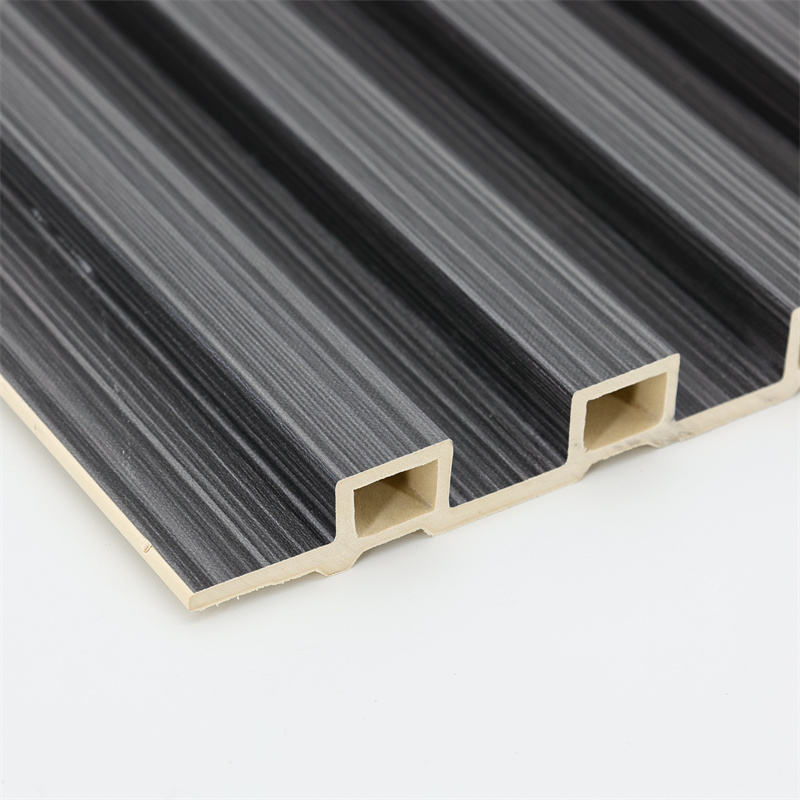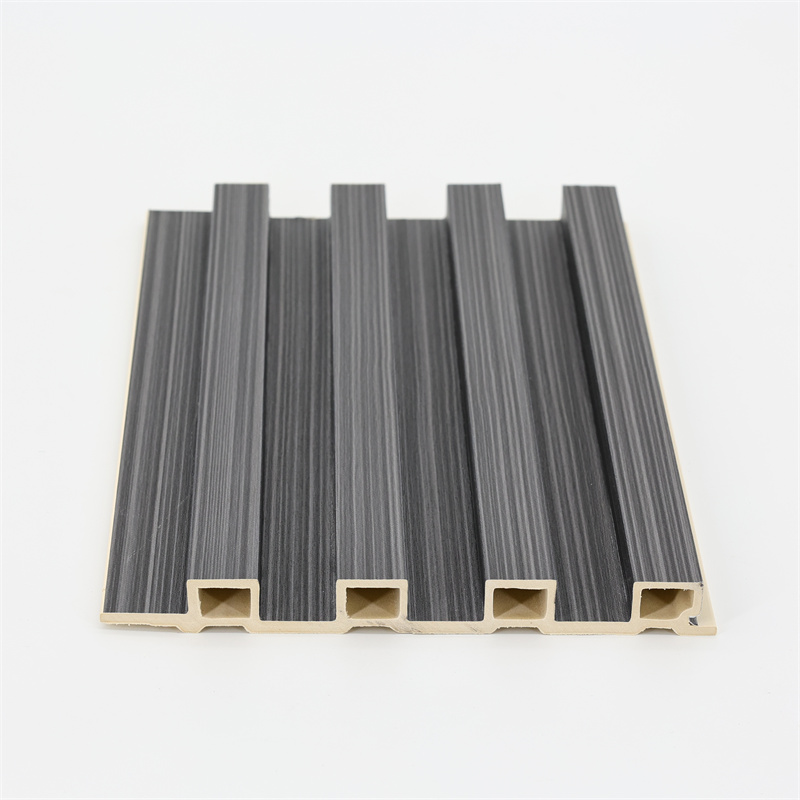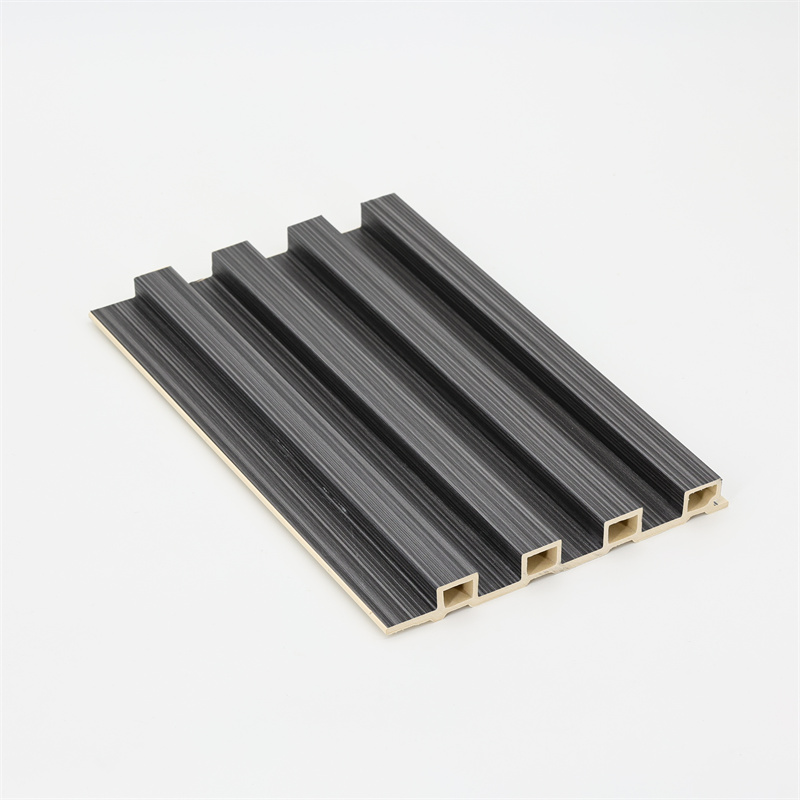
In recent years, sustainable and eco-friendly construction practices have gained significant momentum as the world recognizes the importance of preserving the environment.
Architects, builders, and interior designers are actively seeking innovative materials that not only enhance the aesthetics of commercial spaces but also minimize the ecological footprint of construction projects.
One such material that has gained prominence in the design industry is WPC (Wood Plastic Composite) wall panels.
These panels offer a sustainable upgrade for commercial spaces by combining the natural appeal of wood with the durability and versatility of plastic. I
n this article, we will explore the various benefits of using WPC wall panels and how they contribute to creating environmentally responsible and visually stunning commercial spaces.
Sustainability and Environmental Benefits:
The first and foremost advantage of WPC wall panels is their contribution to sustainability and environmental preservation.
Traditional wood panels require the logging of forests, leading to deforestation and habitat destruction.
In contrast, WPC wall panels are made from a combination of wood fiber or flour and recycled plastics, diverting waste materials from landfills and reducing the demand for virgin wood.
This sustainable manufacturing process helps conserve natural resources and reduces the overall carbon footprint of construction projects.
By choosing WPC wall panels, commercial spaces can actively contribute to a greener future.
Additionally, WPC wall panels do not contain harmful chemicals such as formaldehyde, which is often present in traditional wood products.
Formaldehyde emissions can have adverse health effects and contribute to indoor air pollution.
By opting for WPC panels, commercial spaces can ensure a healthier and safer environment for occupants and reduce the risk of respiratory issues or allergic reactions.
Durability and Low Maintenance:
Commercial spaces are subject to heavy foot traffic and constant wear and tear, necessitating the use of durable and long-lasting materials.
WPC wall panels excel in this regard, as they are highly resistant to moisture, rot, and insect damage.
Unlike traditional wood, WPC panels do not warp, crack, or splinter, ensuring their structural integrity even in challenging environmental conditions.
This durability translates into cost savings for commercial spaces, as they require minimal repairs or replacements over time.
Furthermore, WPC wall panels offer the advantage of low maintenance.
Unlike natural wood, which requires regular staining, painting, or sealing to maintain its appearance and protect it from the elements, WPC panels have excellent color retention and do not require such treatments.
A simple routine cleaning with mild soap and water is sufficient to keep them looking their best.
This reduced maintenance requirement saves time, effort, and resources for commercial spaces, allowing them to focus on their core operations.
Versatility in Design and Application:
One of the significant strengths of WPC wall panels lies in their versatility, offering limitless design possibilities for commercial spaces.
These panels can be manufactured in various colors, finishes, and textures, allowing designers to achieve their desired aesthetic goals.
Whether the design concept calls for a contemporary, rustic, or traditional look, WPC panels can seamlessly integrate into any theme or style.
Moreover, WPC panels can be easily molded into different shapes and sizes, making them suitable for both interior and exterior applications.
From accent walls, partitions, and ceilings to façade cladding and decorative elements, WPC panels can be utilized in various ways to enhance the visual appeal of commercial spaces.
The ability to create custom designs and patterns adds a unique touch to each project, making it stand out in a competitive market.
Thermal and Acoustic Insulation:
Creating a comfortable and conducive environment for occupants is a key consideration in commercial space design.
WPC wall panels offer excellent thermal and acoustic insulation properties, contributing to enhanced comfort levels.
These panels act as effective barriers against heat transfer, reducing the need for excessive cooling or heating, and thereby saving energy consumption.
Additionally, WPC panels absorb sound and reduce noise transmission, making them ideal for spaces where noise reduction is crucial, such as offices, conference rooms, or educational institutions.
WPC wall panels are a sustainable and visually appealing alternative to traditional wood panels in commercial spaces.
Their eco-friendly manufacturing process, durability, low maintenance requirements, versatility in design, and thermal/acoustic insulation properties make them an excellent choice for architects and designers aiming to create environmentally responsible and aesthetically pleasing spaces.
By embracing WPC wall panels, commercial spaces can not only reduce their impact on the environment but also enhance the comfort and well-being of their occupants.
As sustainable construction practices continue to gain traction, WPC wall panels are poised to become a go-to material for the future of commercial space design.